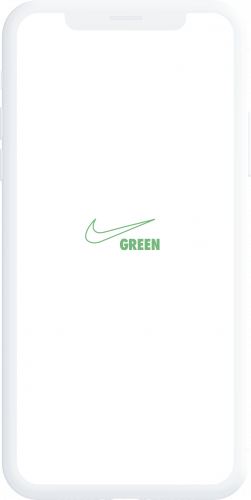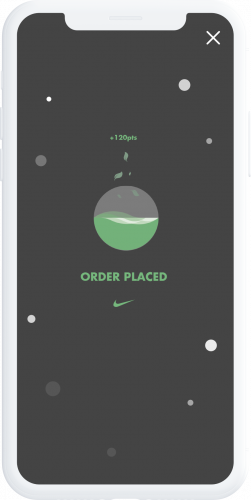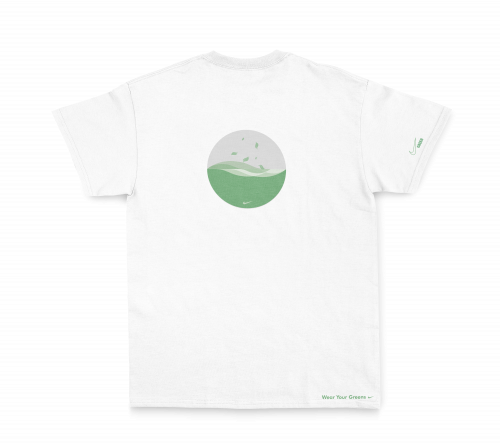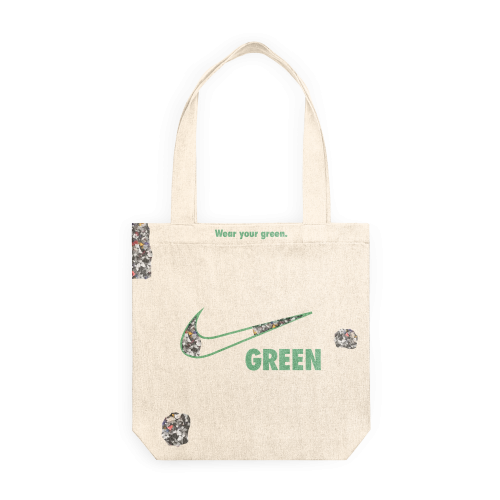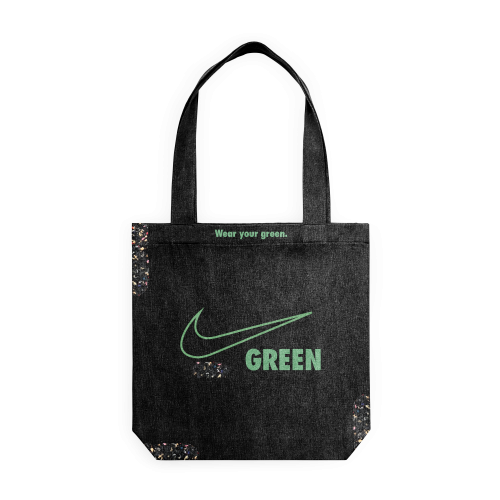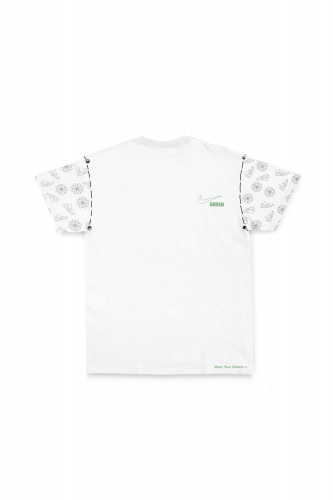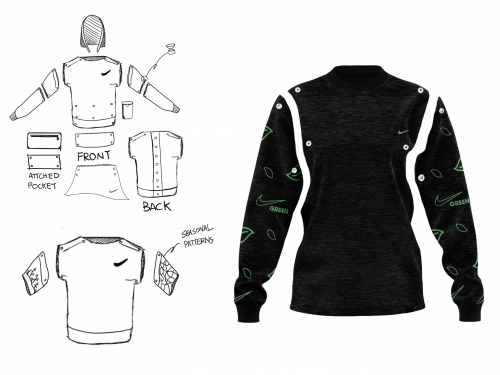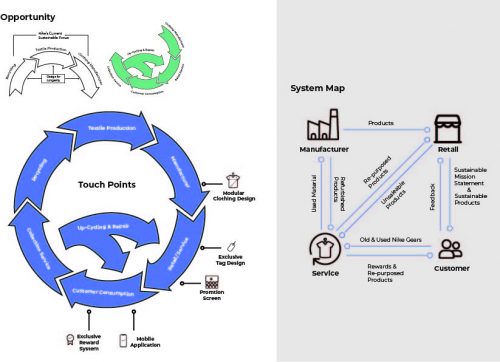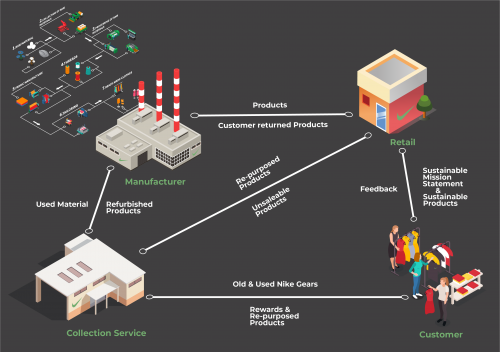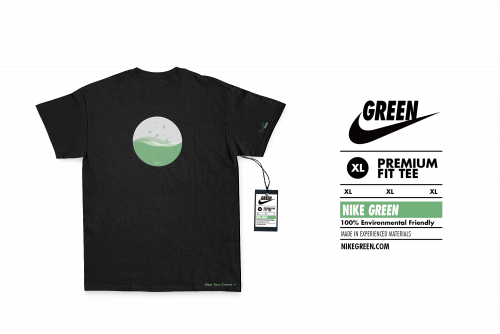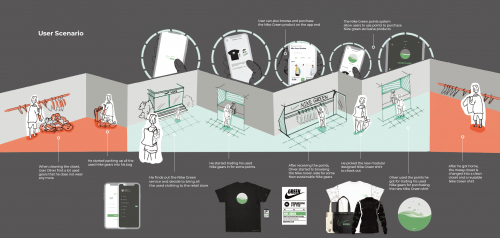Product Name: Nike Green
Topic Description:
Most fashion industries are leading its customers to consume “fast fashion.” A report from Coresight Research showed that the site Missguided releases about 1,000 new products every month. (Nguyen, 2020). The rapid growth of new designs stimulates the desire of consumers to buy more products, which is also the main means for the fast fashion industry to make profits. According to RetailX’s Fast Fashion report, fast fashion accounts for 10 to 20 percent of total European fashion market revenues in 2019. Fast fashion entails quickly transforming new design ideas into clothes on the retail floor, but they do not care about the sustainability of clothing because the cloth can only be used once or twice (Niinimäki et al., 2020). Through this strategy, the fast fashion industry obtains a large amount of profit space.
In recent years, a new trend of sustainable fashion design has emerged in the fashion industry, especially developed countries such as the United States, Canada, and Western Europe, who have done a lot of research and practice in sustainable fashion design and related technologies. The key principle of sustainable fashion design is “zero waste”, which is not an absolute and intuitive understanding, but a vision and goal of waste reduction. This concept is not limited to the field of design, but from more macroscopic resource extraction, design, production, management and correct handling at the close of the life cycle to practice the principles of sustainable development.
Design Statement:
How might we design a sustainable clothing system that allows Nike customers to be involved in environmental protection and use clothes in a more sustainable way.
Poster Design
Solution:
The solution is a service and system design which helps Nike customers become more engaged in the sustainable system. Because Nike is more focused on the materials and usability of sustainable designs, it often ignores customer’s emotions through the process. The system forms a closed loop including manufactures, retail, customer and a collection service. The system will allow users to trade their used Nike gears for points to redeem exclusive Nike Green products. Or users can choose to send in their unwearable clothing for repurpose and repair to pass along the emotional connection with one piece.
There are three touch points in the system.
The modular clothing design allows users to exchange the sleeves of a T-shirt with new seasonal patterns. The sleeves can be separated from the main body and washed or exchanged separately. The exchange or repair service are only offered to be purchased by points, which encourage users to purchase Nike Green (sustainable) products.
The Mobile Application end is a medium for users to collect points and purchase products online. It will be a separate application from Nike’s App. Users can only purchase Nike Green products in the app and every purchase will give them points to collect and to redeem exclusive merchandise. Users can also reserve services by points in the app. The points system is presented in a visually appealing way to allow users to get an intuitive representation of the benefits. The rewarding system allows users to get more engaged into sustainable product purchasing.
Each Nike Green product will be tagged with a special tag made for Nike’s sustainable products. It allows users to discover sustainable products more intuitively. The products with the tag on also allow users to associate the products with the rewarding system and associate with environmental protection.
References:
Nguyen, T. (2020, February 3) “Fast Fashion, Explained.” Retrieved Retrieved December 8, 2020, from https://www.vox.com/the-goods/2020/2/3/21080364/fast-fashion-h-and-m-zara
Nike.Com. (2020). Nike Sustainability. Move to Zero. Retrieved November 25, 2020, from https://www.nike.com/sustainability
Niinimäki, K., Peters, G., Dahlbo, H., Perry, P., Rissanen, T., & Gwilt, A. (2020, April 7). The environmental price of fast fashion. Nature Reviews Earth & Environment. https://www.nature.com/articles/s43017-020-0039-9?error=cookies_not_supported&code=2da71a7b-5dec-4bf4-80d9-a62287185083


